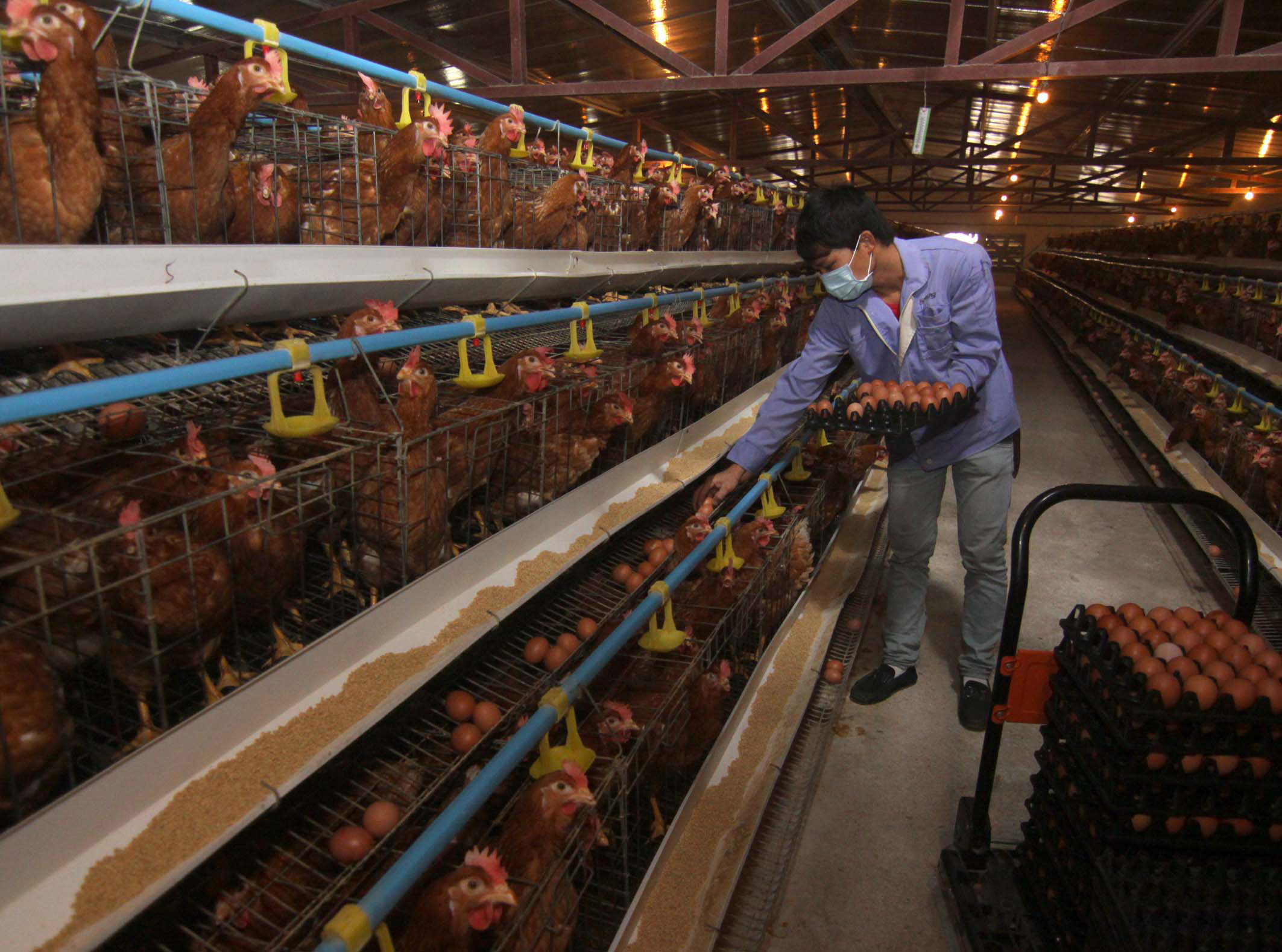High-tech and clean agriculture are officially among the priority sectors for bank credit but agriculturalists find it hard to get loans.

High-tech and clean agriculture are officially among the priority sectors for bank credit but agriculturalists find it hard to get loans.
More than a year ago banks were instructed to earmark at least VND100 trillion (US$4.4 billion) for lending to high-tech agriculture at 0.5-1.5 percentage points lower than commercial levels.
According to the State Bank of Viet Nam, 14,723 firms have so far borrowed VND40 trillion from the package.
To get preferential loans, agricultural firms must be certified as high-tech producers, and Tran Quoc Dung, technical director of Nong Phat High Tech Agriculture Joint Stock Company, said this is not an easy task.
A decree issued by the Prime Minister, which came into effect earlier this month, allows provincial administrations to grant this certificate directly to agricultural firms, scrapping the need to first get approval from the Ministry of Agriculture and Rural Development.
Since 2010 only 30 companies have received such certification.
Nguoi Lao Dong (The Labourer) newspaper quoted a senior HCM City agricultural official as saying that firms have to meet many criteria including revenues and ratio of employees with university degrees to qualify.
The difficulty involved in obtaining the certificate prevents firms from getting bank loans, he said.
Tran Phong Lan, chairman of Hai Au agricultural firm, said though agriculture is his company’s core business, he has to depend on money he earns from other businesses to carry on the business since he cannot access credit.
It took more than three years and VND30 billion worth of investment before his Danny Green brand of products hit the market, he said.
“First you have to have the products and then you have to find suppliers and supermarket chains before you can mass produce. After all of these steps, you can think about borrowing from banks.”
Vu Manh Hung, chairman of Hung Nhon Joint Stock Company and deputy chairman of the Viet Nam Digital Agriculture Association, said his company is at the forefront of applying technology to livestock breeding, which is of international standards.
At the end of this month, the company expects to receive Global Good Agricultural Practices (GlobalGAP) certification.
But none of its projects have received the incentives meant for the agricultural sector.
“We try to work things out ourselves and not rely on incentives. However, the State should support co-operatives and businesses so that we can apply technology and gain a competitive edge.”
Many bankers said they are willing to support agricultural firms as long as they have collateral and their business shows potential.
Nghiem Xuan Thanh, Vietcombank chairman, said it is not difficult to get credit, but the problem for most newly established agricultural firms is proving they can make profits.
Nguyen Quoc Hung, head of the SVB’s credit department, said: “Collateral is only one requirement [for accessing credit]. If banks see a project having low commercial potential, they will not lend.
“As banks lend at very low interest rates, they make sure every dong spent is worth it.”
Agricultural companies that invest in technology should therefore think carefully about the marketability of their products to get loans, he said.
Business and agricultural associations and authorities should also step in to help agricultural firms find markets and sell at competitive prices, he added. — VNS





